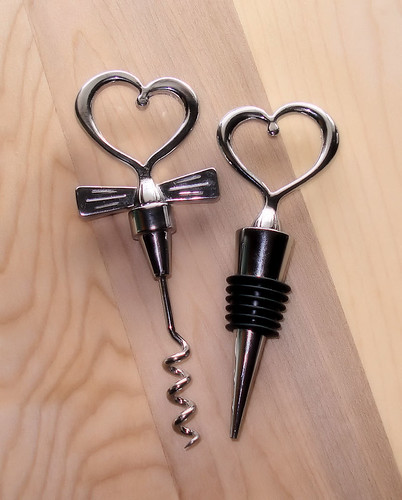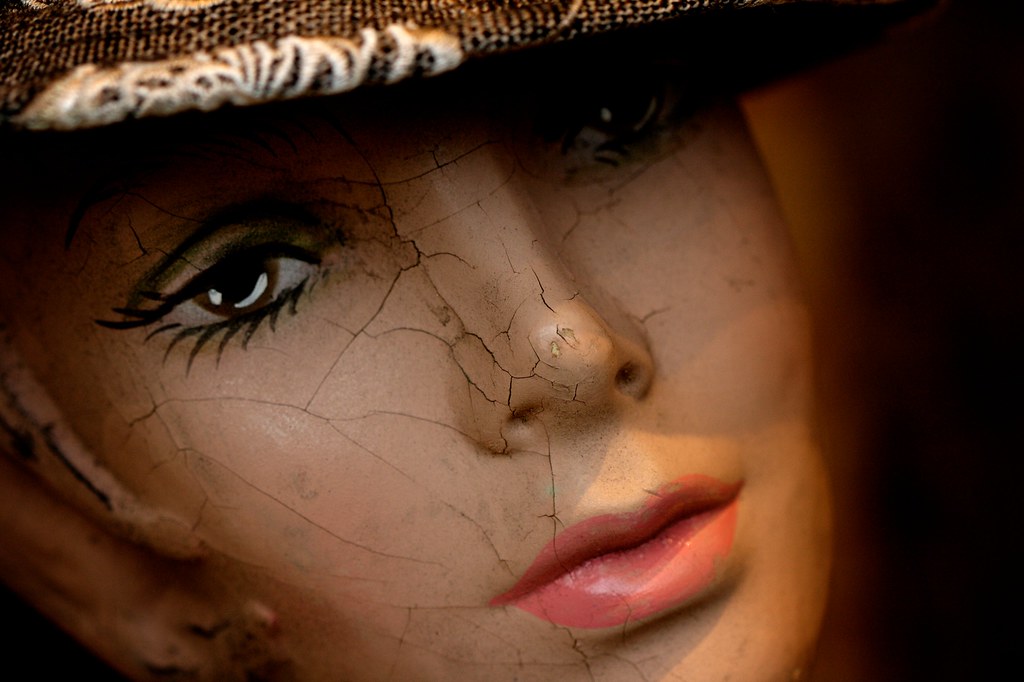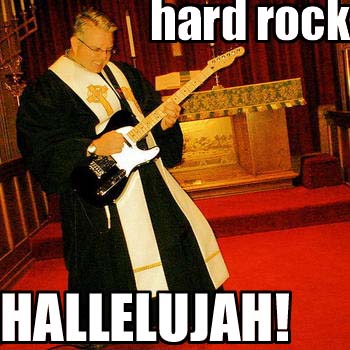Writing Podcasts seem to have a certain synchronicity for me--when I'm struggling with something in my own writing, I hear it discussed in a podcast soon thereafter. It's not even that I seek out the episodes so much as I work my way though them, and the episode I need just happens to be there. That's happened to me with all three of my favorite writing podcasts:
The Dead Robots Society,
I Should Be Writing, and
Writing Excuses. That's what I hope my own podcast,
Pendragon Variety, can do for other aspiring writers.
The other day, I was listening to the Writing Excuses podcast, and heard something that seemed like common sense, but which I sometimes lose track of when writing romance between two characters. I'm not talking about romance novels (not that there's anything wrong with them). I'm talking about every romance you write, and what keeps it from feeling forced--what draws your characters to each other, by proxy drawing your readers to the relationship: knowing the needs the two characters satisfy for each other.
In "The Mark of Flight", Shiro and Arianna were pretty simple to figure out. Shiro fills Arianna's need to be seen, appreciated, and loved for who she is and not because she's a princess. Arianna fills Shiro's need to be believed in, and his need to be valued as a person. Funny enough, they satisfy a very similar needs for each other, though they come from completely different backgrounds. Their romance was never really an issue for me, so when I started writing HELLHOUND, I imagined everything would fall perfectly into place.
Not so. Part of this was my fault in writing without any idea who my characters were, what motivated them, or what they even wanted. But I feel like I should have figured it out by the end of the first draft. Something wasn't quite working--it was totally unbalanced. They went from 0 to 40...then back to 10...then to 80...and then piddled along to the end. It's not because they're not both likable, interesting, developed characters. It's not because there wasn't plenty of attraction on both sides.
I knew that Jaesung was a good influence on Helena...but I couldn't quite figure out what it was about HER that made him stick around. I'm sure you know what I'm talking about when I say that, sometimes, I don't think one protagonist quite has as much to offer as the other. "Because he loves her" might be valid, but sometimes I still want a little more.
What does Bella have to offer Edward (besides the feeling that he's a horrible monster for wanting to eat her all the time)?
What does Ron give to Hermione (besides at least three reasons to cry in every book)?
What is it about Clary that makes Jace willing to brave even the possibility of incest for her? (*squick*)
Jaesung gives me that problem. When you're a 23-year-old grad student juggling lots of goslings, what's going to draw you to a girl whose most likely background is "drug mule in witness protection"? Okay. Her hot legs. At first. But when shit starts going down, there's got to be something more.
Helena tries to do everything herself. She truly believes she has something that only she can do, and that she's got to do it alone. Unfortunately, her character flaw is in her inability to look past the moment and see consequences. Because she's too afraid to think about a future she thinks is hopeless, she gets herself into a lot of trouble for making decisions that don't seem to have any foresight.
Jaesung, on the other hand, has effectively killed his ability to live in the moment by always thinking about the past, and trying to figure out how to avoid making the same mistakes as his father. He works hard at something at which he's rather mediocre to make sure he can support his mother and his future family, while relegating his passions into the "hobby" box. Of course, he enjoys them...but he's not the type of person who can let himself disappoint people.
Helena never thinks about the future. Jaesung always does. This causes tension in their relationship, to be sure, but it also gives each of them something to contribute to the other. In a way, their flaws when it comes to life in general become their strengths for each other. Helena's lack of foresight gives Jaesung the opportunity to help her find her "light at the end of the tunnel" (Oh hai, theme). Her recklessness forces him to admit what he truly cares about, whether that lets people down or not.
Because I think flaws are so important, I have to make sure they grow, but don't fix each other, because the story isn't about overcoming flaws. Like many good stories, it's about overcoming adversity despite a thousand things that are in the way, including those flaws. Helena will probably never be able to plan ahead the way Jaesung does, and I know he will always feel duty-bound to take care of everyone around him.
She'll drag him out to play in the snow at 4AM. He'll remember anniversaries. She'll remind him to take a break from doing taxes. He'll make sure they get done later. She'll hunt demons for the safety of the world. He'll make sure she doesn't do it alone.
Yeah. They're a good match.








